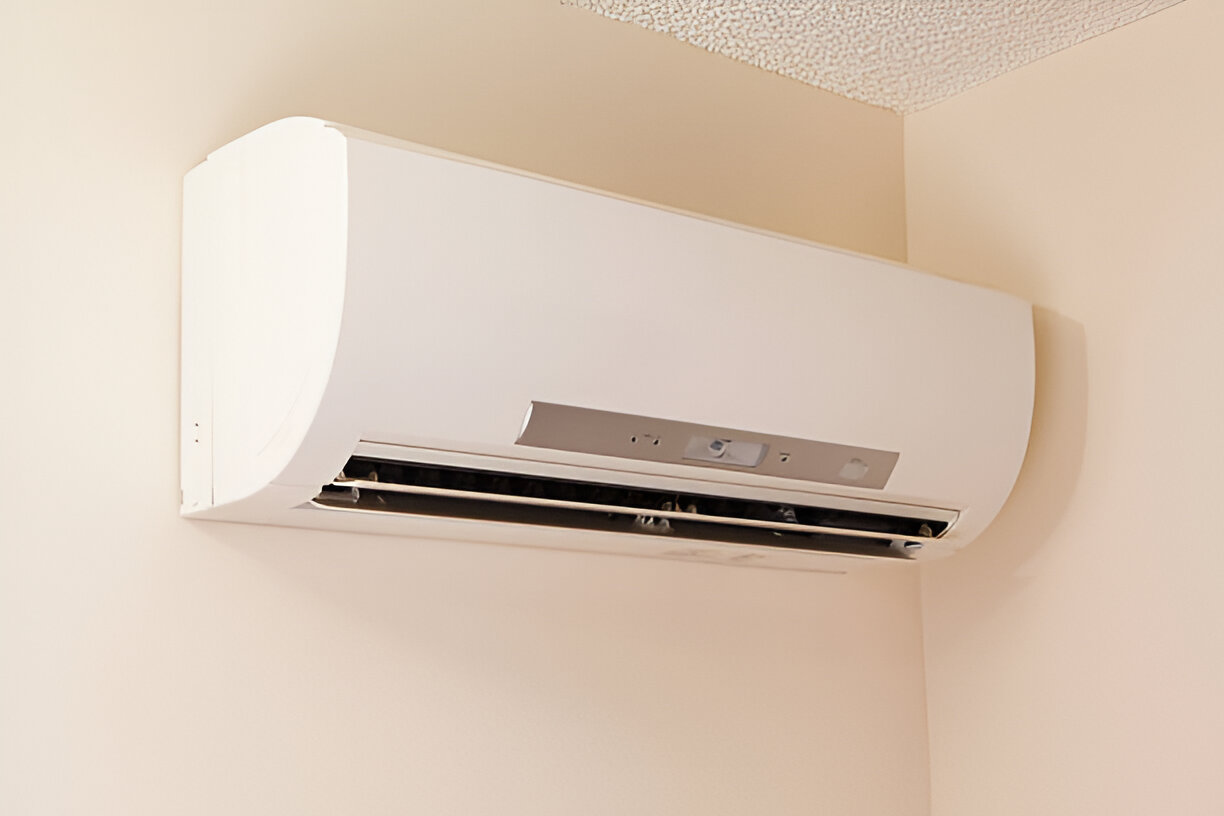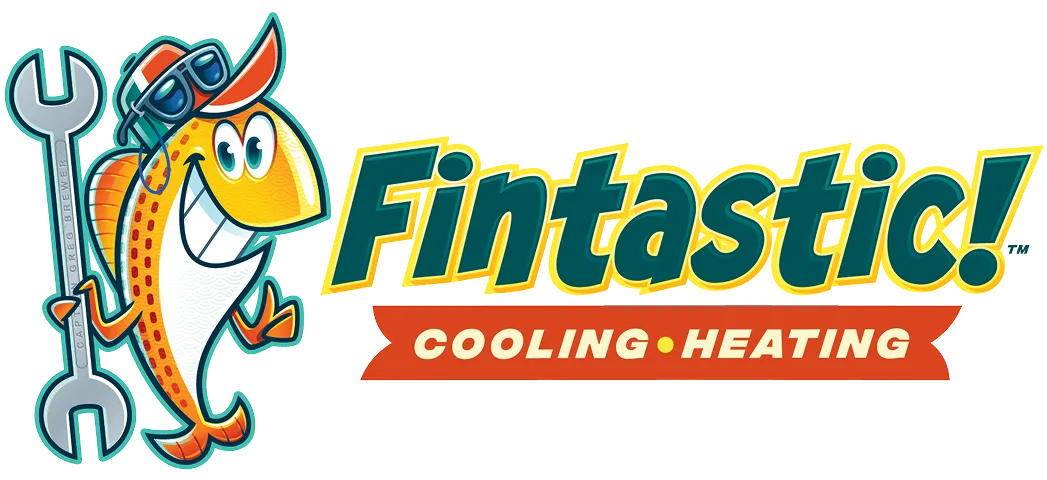Ductless Maintenance in Alvin, TX
Ductless Maintenance in Alvin, TX
Keeping your ductless mini-split system well maintained is essential in Alvin, TX where hot, humid summers and Gulf Coast conditions place extra strain on equipment. Regular ductless maintenance preserves comfort, lowers energy use, prevents costly breakdowns, and improves indoor air quality in homes that rely on mini-splits for primary or supplemental cooling and heating.

Why scheduled ductless maintenance matters in Alvin, TX
Alvin sees high humidity, seasonal pollen, and occasional salty coastal air that accelerate coil fouling, encourage mold growth, and increase compressor runtime. These local factors mean ductless systems can lose efficiency faster than in drier climates. Professional maintenance tailored to these conditions prevents common failures and helps systems meet design performance through the hottest months.
Common ductless maintenance issues in Alvin, TX
- Reduced cooling or heating capacity after a warm spell — often from dirty coils or clogged filters.
- Excess humidity or condensation around indoor units — can indicate restricted airflow or blocked condensate drains.
- Higher than normal energy bills during summer — typically caused by dirty coils, low refrigerant, or failing electrical components.
- Intermittent operation or short cycling — commonly due to refrigerant problems, thermostat calibration, or control issues.
- Frozen evaporator coils in cooling mode — usually from airflow restriction or refrigerant imbalance.
- Mold or musty odors from indoor air handlers — common in humid climates when condensate drains and drip pans are neglected.
What a routine ductless maintenance visit includes
A thorough service visit addresses both performance and reliability. Typical tasks performed during a seasonal tune-up:
- Filter cleaning or replacement: Washable filters removed, cleaned, and reinstalled or disposable filters checked and replaced to restore airflow and indoor air quality.
- Indoor coil and blower cleaning: Remove dust, pollen, and biofilm from indoor heat exchanger and fan to improve heat transfer and prevent odors.
- Outdoor condenser coil cleaning: Clear debris, dust, and salt buildup from the outdoor unit to maintain condenser efficiency.
- Refrigerant level check and leak detection: Measure system pressures and temperatures; inspect for signs of refrigerant loss and locate simple leaks when present.
- Electrical and control inspection: Test contactors, capacitors, fuses, wiring connections, and control boards for proper function and safety.
- Thermostat and sensor verification: Confirm setpoints, calibration, and responsiveness of remotes or wall controls.
- Performance and airflow testing: Measure supply and return temperatures and airflow to confirm correct operation and capacity.
- Condensate drain and pan cleaning: Clear drain lines and pans to prevent blockages and microbial growth that cause leaks or odors.
- Mechanical and vibration checks: Inspect mounting, fan balance, and ductless line sets for signs of wear or movement that can lead to noise or failure.
Each task is performed with attention to local climate impacts, such as checking for corrosive deposits on outdoor coils and ensuring condensate controls are clear for Alvin humidity levels.
Diagnostic approach: what technicians evaluate
Technicians follow a methodical diagnostic process:
- Visual system inspection to note obvious issues and clear access areas.
- Run the unit through a full cooling and heating cycle to observe behavior.
- Measure temperatures across the coil and at discharge to calculate system efficiency.
- Check electrical draw to detect failing motors or hard-starting compressors.
- Test refrigerant pressures and superheat/subcooling to spot undercharge or overcharge.
- Inspect drain integrity and indoor unit cleanliness to address IAQ risks.
The goal is to identify root causes rather than treat symptoms, so repairs and adjustments restore long term reliability.
Typical repairs discovered and simple solutions
- Refrigerant leaks: Repair line or connection leaks, then recover and recharge to specified charge. Leak repair prevents repeat issues.
- Capacitor or motor failure: Replace failing start/run capacitors or blower motors to restore normal airflow and reduce wear on the compressor.
- Blocked drains and mold: Clean and sanitize drain lines and pans to stop odors and prevent property damage.
- Corroded or damaged coils: Minor coil cleaning and protective treatments; severe corrosion may require coil or outdoor unit component replacement.
- Control board or thermostat faults: Repair or replace faulty controls to stop random shutdowns or communication errors.
Technicians typically advise whether a repair will return the system to expected performance or if replacement becomes more cost effective due to age or repeated failures.
Maintenance plans and service agreements
A structured maintenance plan simplifies upkeeping ductless systems and aligns with manufacturer warranty requirements. Common plan features include:
- Seasonal scheduled tune-ups timed before summer and winter peak seasons.
- Documented inspection checklists and performance reports after each visit.
- Priority scheduling windows during busy months to reduce downtime.
- Regular reminders and recommended intervals based on system usage and Alvin climate patterns.Membership plans create predictable maintenance cycles that reduce surprises and better protect home comfort systems.
How regular upkeep extends equipment life and improves efficiency
Routine ductless maintenance directly affects both operating cost and longevity:
- Proper cleaning and refrigerant balance can restore efficiency, often reducing energy use by 10 to 15 percent compared to neglected systems.
- Timely replacement of failing electrical parts reduces strain on the compressor, often extending equipment life by several years.
- Keeping condensate and coils clean prevents moisture-related corrosion and microbial growth that can cause premature failure.
- Regular inspections catch small leaks and malfunctions early, avoiding expensive emergency repairs or full system replacement.
In Alvin, where systems run hard for long summer seasons, these benefits translate to real savings and more consistent comfort.
Signs you need immediate ductless service
- Noticeable drop in cooling or heating performance
- Water dripping from indoor units or visible pool of condensate
- Hissing or bubbling sounds indicating refrigerant issues
- Frequent on and off cycling or inability to maintain set temperature
- Strong musty or burned electrical odors
- Sudden spike in utility bills without a change in usage
Homeowners can check filters and outdoor unit clearance first, but persistent problems need professional diagnostics to avoid further damage.
Regular, localized ductless maintenance in Alvin, TX keeps mini-split systems operating efficiently through humid summers and cooler months, protects indoor air quality, and reduces the risk of unexpected failures. Well-documented seasonal service tailored to Gulf Coast conditions is a practical investment that preserves comfort and reduces lifecycle costs for ductless equipment.
Customer Testimonials
Our customers praise our exceptional service and attention to detail, consistently exceeding expectations.































































